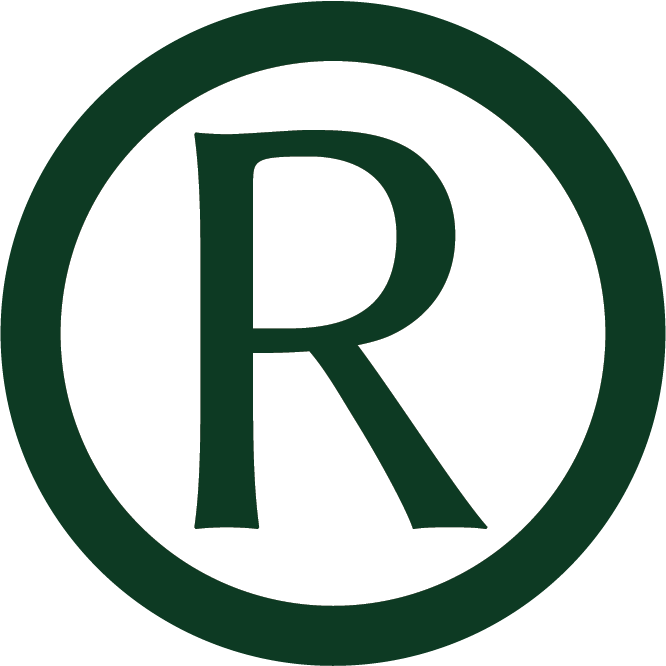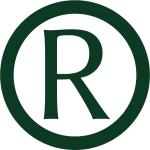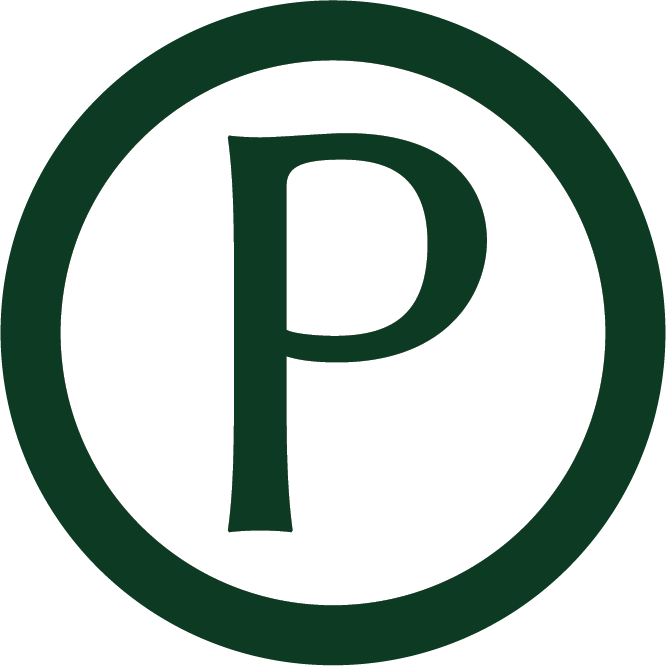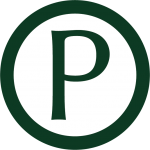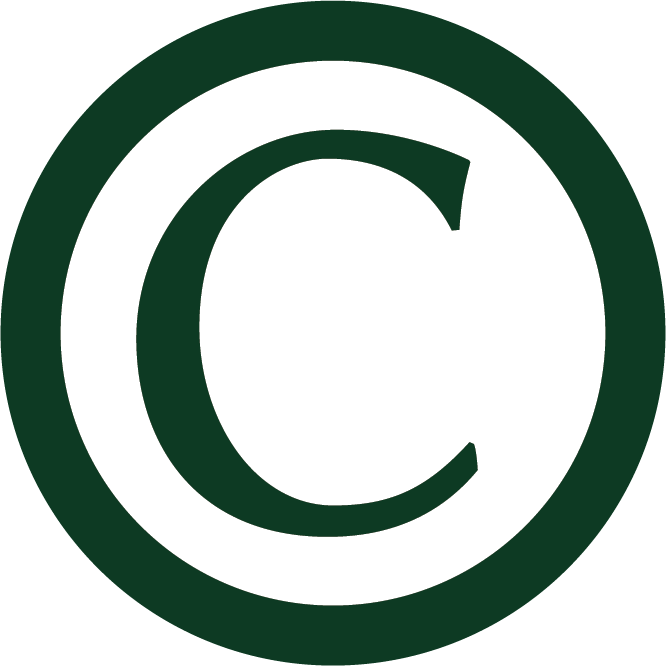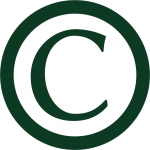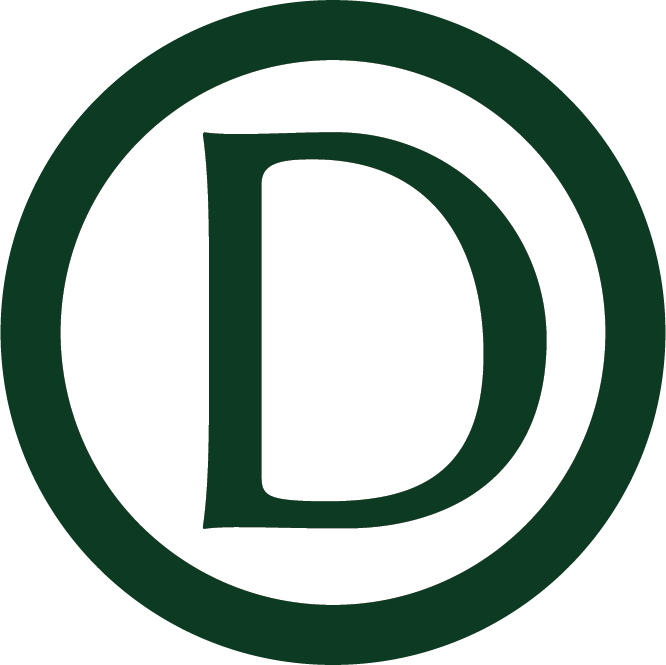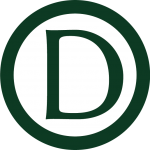COPYRIGHT 
COPYRIGHT 
Copyright Infringement
What is a copyright?
A right that federal law gives to an author that protects creative “original works” such as lyrics, website content, art & video.
The US Copyright laws gives copyright rights to an author (or whoever an author might have sold those rights). The rights protect the creative parts of “original works of authorship” and begin whenever the “work” is created in a fixed form – no application needed. Copyrights can last many, many years.
Does a copyright protect names, titles, or short phrases, or ideas, methods, or systems?
Does a copyright protect names, titles, or short phrases, or ideas, methods, or systems?
No, those are not the kinds of work protected by copyrights. But there may be other ways of protecting them.
Copyright will not protect names, titles, or short phrases, but trademarks might protect those – look at the trademarks section [TMAPP2] . Copyright also will not protect ideas, methods, or systems – look at the patent section [PATINFO2].
What is a copyright registration?
A copyright registration is granted by the U.S. Copyright Office for a particular creative work, and gives the owner certain rights beyond owning the copyright.
The U.S. Copyright Office can grant a copyright registration for a particular original creative work. Having a registration not only allows the owner to sue someone for infringing the copyright, but permits certain special damages that can greatly favor the owner.
Does it matter when I register a copyright?
Yes, especially if you want the best chance at getting damages from the person copying your work.
Having a registration before the copying starts permits the judge to grant a special type of damages that can greatly favor the owner.
What good does a copyright do me?
In short, it can keep others from copying / distributing your work or making works based on it, unless they have permission.
Copyright rights limits the rights of others to copy or distribute your work, or to make works based on it (derivative works). A registration is also a recognized asset of a company.
Who owns a copyright?
Generally, the original author(s), unless that person made the work for their employer.
This can be very complicated. To start with, the original author(s), but the employer will own the rights created by an employee’s work prepared within the scope of employment. You also have to consider other relationships and agreements. But just hiring someone to make something for you does not necessarily give you the copyright – that’s not what “work for hire” means.
Does copyright apply to things on the internet?
Yes – just because something is on the internet does not mean you can copy it.
Yes – companies can still claim something was wrongfully copied on the internet. For instance, copyright owners can use “takedown notices” to shut down websites with infringing material.

